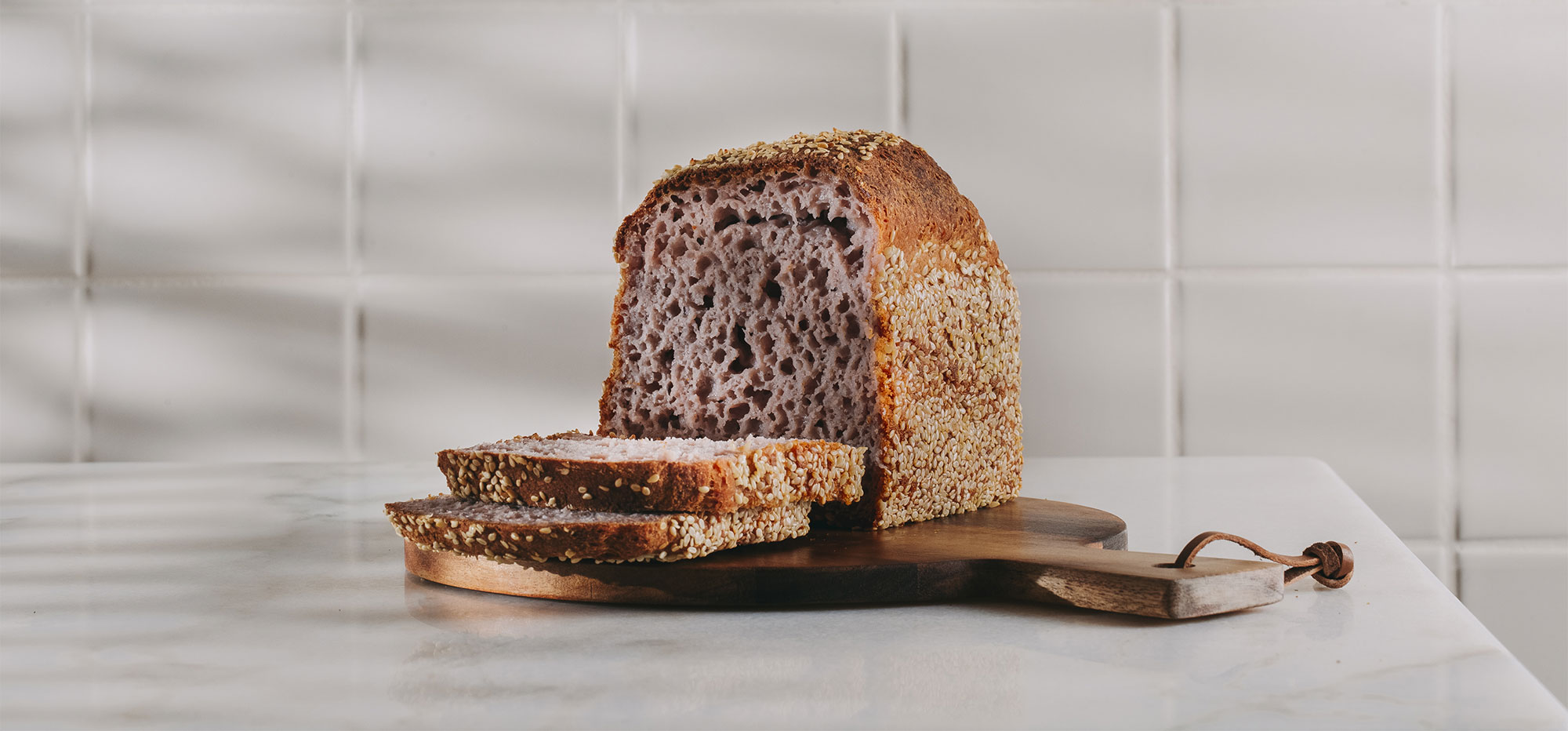The decision to adopt a gluten-free diet can be taken for a number of different reasons. There are, unfortunately, those who adopt it due to medical necessity or on their doctor’s recommendation. Many, however, adopt it as a matter of preference. It is important that we understand the differences.
Let’s start with the bad guy: gluten. This is a vegetable protein found in cereals such as wheat, rye, malt, barley and oats. Used in foods like bread, pasta, biscuits – and even beer – its main function is to give the flours in which it is present greater elasticity and water absorption capacity.
Coeliac disease, in turn, is an auto-immune disorder of the intestine, which is caused by permanent sensitivity to this protein. When people with coeliac disease are exposed to gluten this generates an immune response that attacks the small intestine, causing varied and potentially lethal symptoms.
The allergy is, however, different from so-called intolerance or sensitivity. Intolerance to gluten is characterised by a difficulty in digesting this protein, with the possible consequences being abdominal pain and bloating, irritability, weight loss or diarrhoea.
Carlos Pina, director of quality and innovation at A Padaria Portuguesa, also refers to a third type of consumer for whom these products are intended: “Nowadays, gluten-free bread is not only for those with coeliac disease, but also for all those who don’t want to eat carbohydrates”. The three new varieties of naturally gluten-free bread at A Padaria Portuguesa are ideal for these people and they may also be consumed by those with a gluten intolerance. But not for those with coeliac disease. The reason is simple.
The breads in question are made from gluten-free flours at the A Padaria Portuguesa plant in Marvila. There, thousands of other bakery and confectionery products containing gluten flours are produced and handled on a daily basis. Therefore, there is a certain risk of cross-contamination during the production process. That is the reason why this product is not suitable for people with coeliac disease.
Pumpkin, poppy seeds and pumpkin seeds; purple sweet potato and sesame seeds; and carob are the three gluten-free bread varieties available in all our stores.

